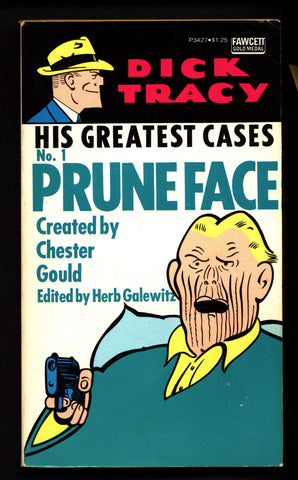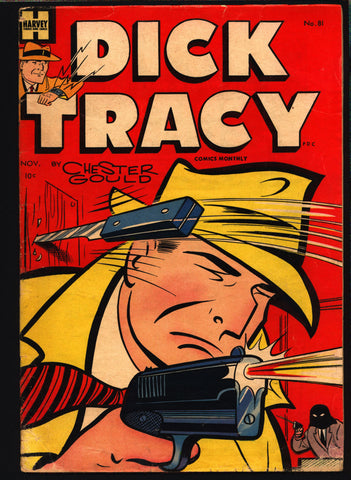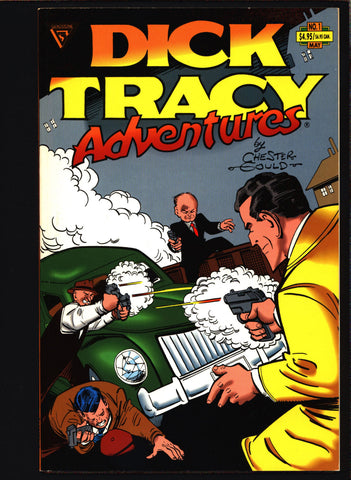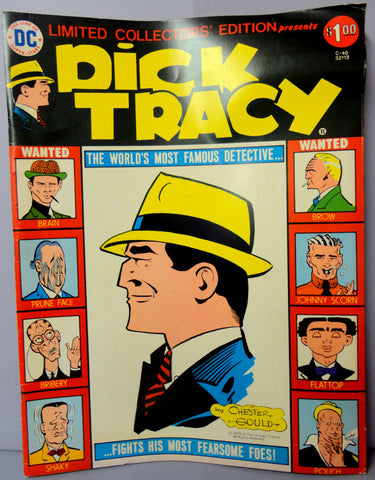CHARLIE CHAN Earl Derr Biggers Alfred Andriola Vol 3 Pacific Comics Club Limited Edition
$ 19.95
is on back order
Share this product
CHARLIE CHAN Vol 3
Softcover
Publisher: Pacific Comics Club
B&W reprints of Earl Derr Biggers & Alfred Andriola's classic comic strip. Black and white comic reprint of newspaper comic strips
Reads horizontally 11" x 8 1/2"
Condition is very nice is Used - VERY GOOD, Tight, clean copy.
---
A Charlie Chan comic strip, drawn by Alfred Andriola, was distributed by the McNaught Syndicate beginning October 24, 1938. Andriola was chosen by Biggers to draw the character. Following the Japanese attack on Pearl Harbor, the strip was dropped in May 1942
Charlie Chan is a fictional U.S. Chinese detective created by Earl Derr Biggers. Loosely basing Chan on Honolulu detective Chang Apana, Biggers conceived of the benevolent and heroic Chan as an alternative to Yellow Peril stereotypes and villains like Fu Manchu. Chan is a detective for the Honolulu police, though many stories feature Chan traveling the world as he investigates mysteries and solves crimes.
Chan first appeared in Biggers' novels, then was featured in a number of media. Over four dozen films featuring Charlie Chan were made, beginning in 1926. The character was first portrayed by East Asian actors, and the films met with little success. In 1931, the Fox Film Corporation cast Swedish actor Warner Oland as Chan in Charlie Chan Carries On; the film became popular, and Fox went on to produce fifteen more Chan films with Oland in the title role. After Oland's death, U.S. actor Sidney Toler was cast as Chan; Toler made twenty-two Chan films, first for Fox and then for Monogram Studios. After Toler's death, six films were made, starring Roland Winters.
Interpretations of Chan by twenty-first century critics are split, especially regarding his ethnicity. Positive assessors of Chan argue that he is portrayed as intelligent, heroic, benevolent and honorable — in contrast to the adverse depictions of evil or conniving Chinese people then current in print and on screen. Others state that Chan, despite his good qualities, reinforces certain East Asian stereotypes, such as an alleged incapacity to speak fluent English and the possession of an overly tradition-bound and subservient nature. The Chan films of the 1930s and 1940s were shown successfully in China, where the character was popular and respected and not in the least seen as sinophobic.
More recent film adaptations in the 1990s have been poorly received. The character has been featured in several radio programs, two television shows, and comics. [wiki]
---
Please Visit our sister shops for more Quality Collectibles:
https://www.etsy.com/shop/ephemarama
https://www.etsy.com/shop/Neetorama



